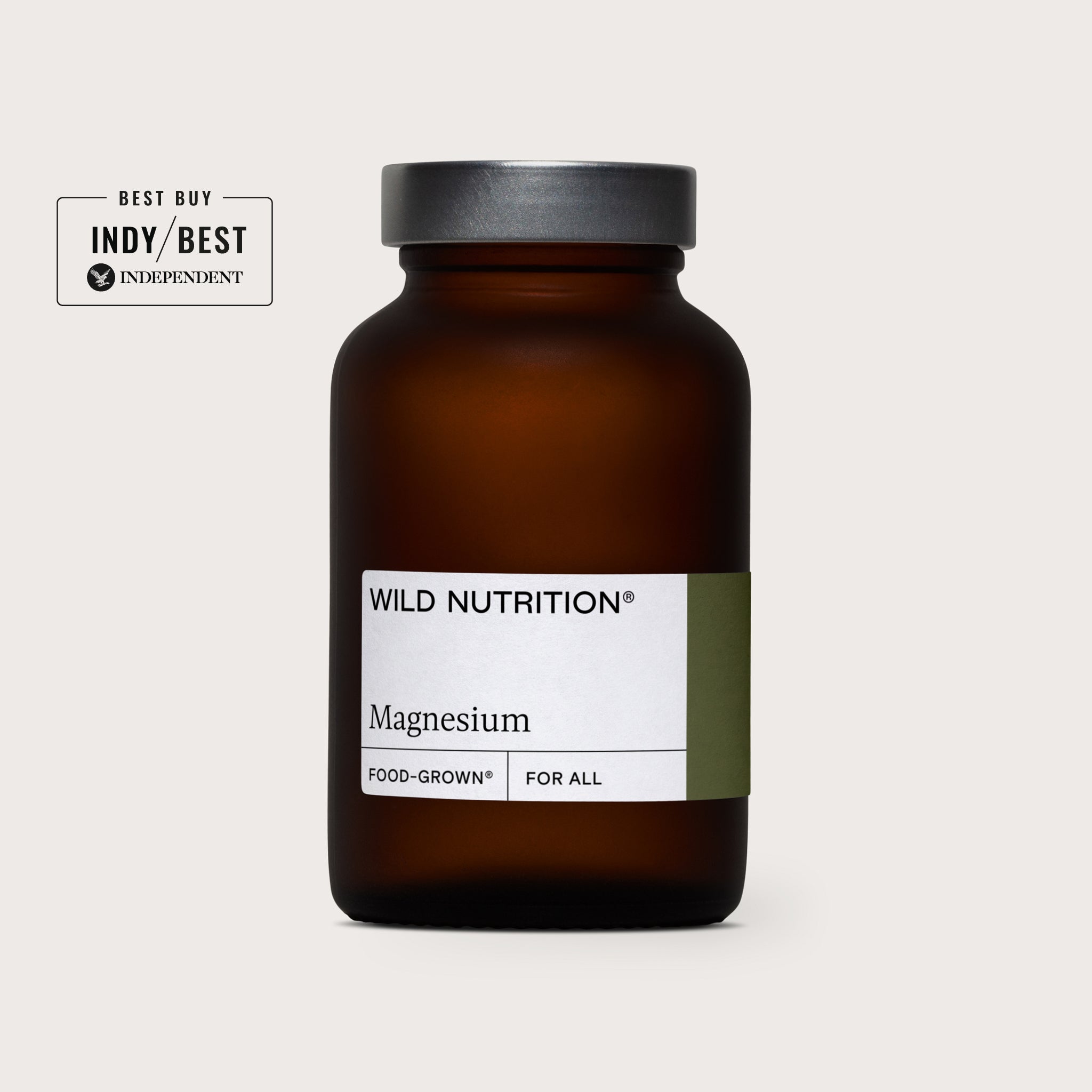
Autism Part 1: Genetics, the environment and pre-conceptual programming
The definitions and theories that surround the development of autism are as complex as the condition itself. With diagnosis reaching arguably epidemic proportions, it is fast becoming a hot-bed of interest for researchers within Nutritional Medicine and Neuroscience fields.
In this article I will start by exploring one of the key areas receiving interest.
How autism relates to genetics, the environment and pre-conceptual programming
There is an undeniable genetic component to the development of autistic spectrum disorder. Studies conducted on twins highlight the influence of environmental insults prior to three years of age on the expression of this genetic blueprint.Prior to 1960 diagnoses of autism was characterised by clear symptoms at birth. Moving forward 60 years, 80% of diagnoses refer to regressive autism, where children develop normally until the age of 16-24months, when there is a sudden decline in function (such as speech or emotional processing) suggesting a significant influence of environmental factors on genetic expression.
Fetal development in the first month of pregnancy is sensitive to environmental insults that can disrupt epigenetic processes that govern which genes are expressed and which are silenced.
New research into epigenetics is revolutionising our understanding of disease. At the centre of this is methylation and approaches for normalising methylation, and the many disorders previously believed to be genetic and resistant to treatment are actually epigenetic and very treatable.
It is estimated that approximately 95% of autistic children experience hypomethylation. Methylation is a biochemical process of extraordinary importance in human functioning and can be a major factor in a person's personality and traits. Additionally, hypomethylation in utero is thought to cause an over-expression of several genes, weakened protection against oxidative stress and increased vulnerability to environmental insults.
Imbalances in methylation and folate chemistry significantly increase endogenous oxidation. Recent studies indicate that severe oxidative stress is a distinctive feature of autism and may be the most important barrier to achieving ‘normal’ brain function and limited capacity to moderate inflammation and protect the intestinal and blood brain barrier (oxidative damage results in extreme depletions of protective proteins MT and GSH).
Elevated oxidative stress in the womb could modify epigenetic imprinting of gene expression, alter brain development and weaken development of lymphoid and thymic tissues needed for immune function. If this heightened oxidative stress continues into childhood, it has the potential to alter the development of brain cell minicolumns needed for learning and cognitive functions as well as increase vulnerability to toxic metals, damage neurotransmitter receptors and increase neurodegeneration (most especially after puberty).
Supplementation can play a fundamental role in correcting these imbalances. Food sources of these nutrients have the ability to ‘adapt’ in function thereby improving tolerance for those experiencing hypo or hyper methylation especially.












